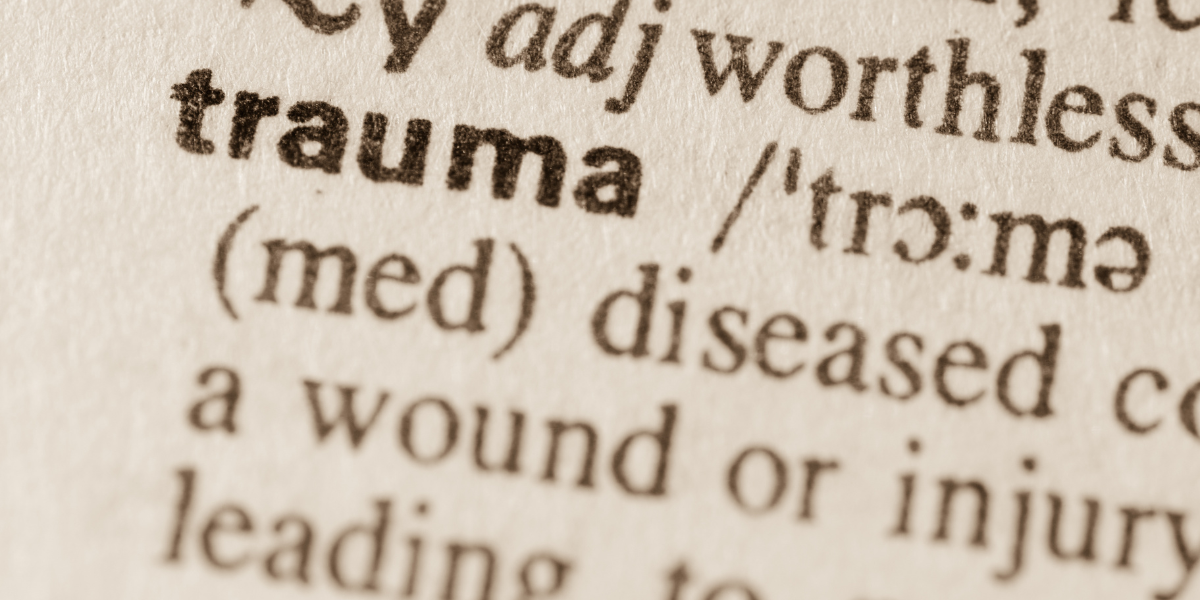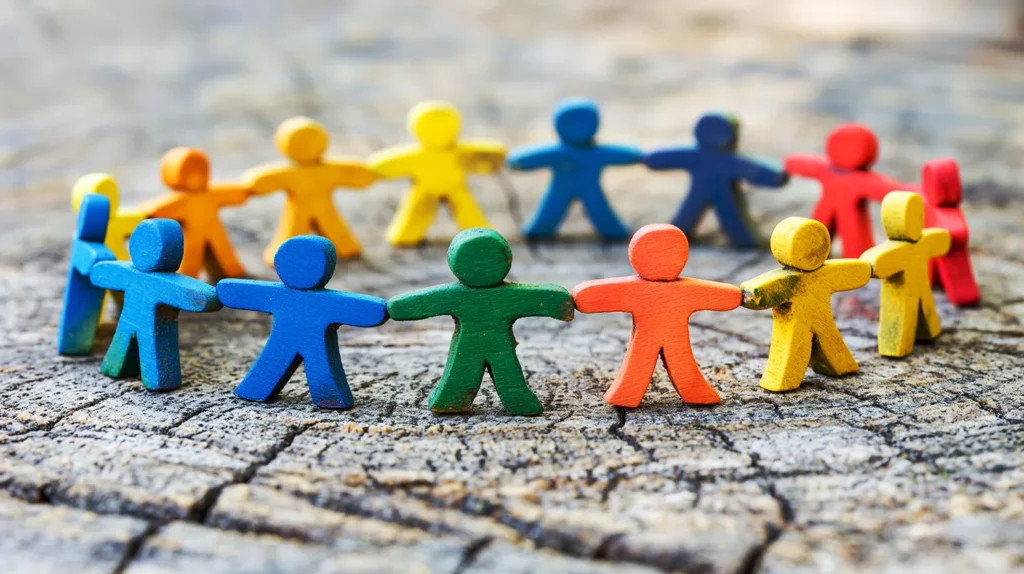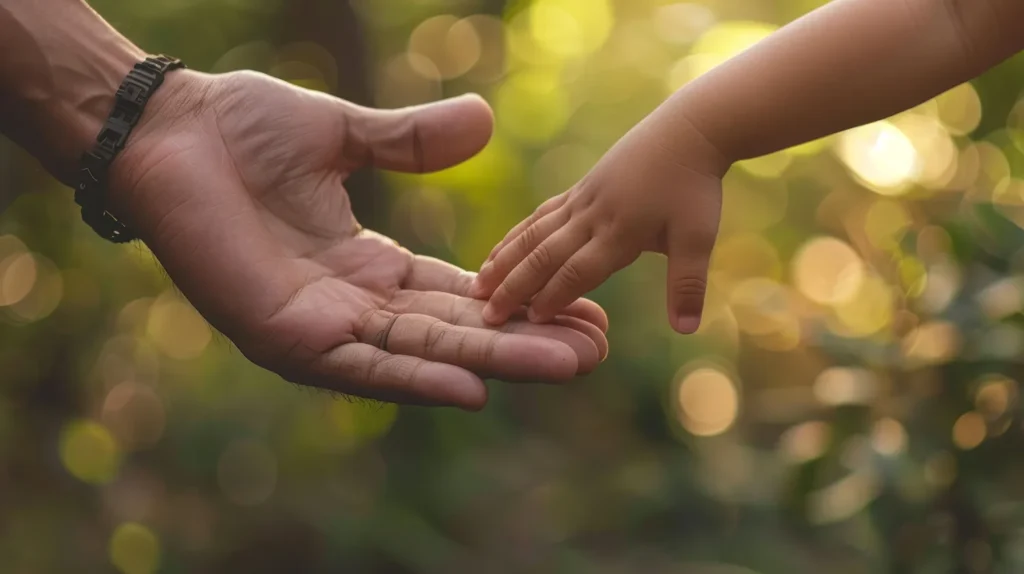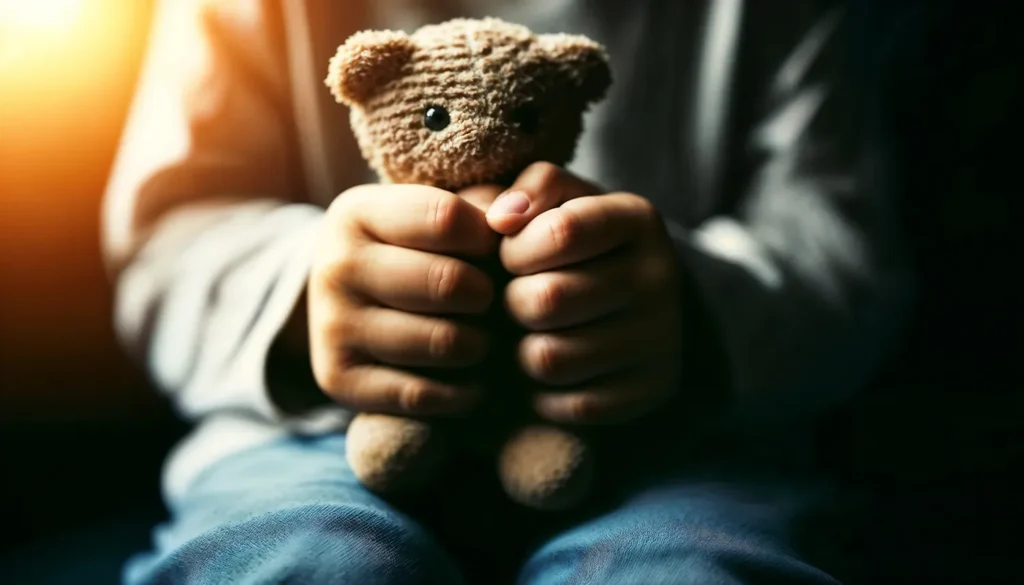There are situations that threaten our lives and existence, both physically and emotionally. A car accident, a bushfire or flood, being abused, a traumatic birth, living in a war zone; these and anything else that leaves us fearful, helpless or in danger, are known as traumatic experiences. Most of us will face at least one such experience in our life. And many of us are exposed to the traumatic experiences of others in a way that can be traumatic for us. (This is known as secondary or vicarious trauma.)
Our bodies and minds react to such circumstances. Our stress response kicks-in and we can feel overwhelmed and distressed. Yet most of the time, that response is temporary, and even if life may never be quite the same again, before too long we can function and are able to return to our day-to-day responsibilities.
For some, however, recovery takes much longer. Normal coping mechanisms become overwhelmed and there is ongoing psychological and emotional impact.
For some, however, recovery takes much longer. Normal coping mechanisms become overwhelmed and there is ongoing psychological and emotional impact. A person can be left feeling numb and ‘spaced out.’ They can experience flashbacks and unwanted thoughts and find it hard to think clearly. They may feel constantly hyped-up and irritable and have difficulty sleeping. And they may avoid people and places associated with the traumatic event as a means of trying to cope.
‘Trauma’ is the term used to describe this ‘wound to the mind,’ characterised by these and other enduring symptoms. Post-traumatic stress disorder (PTSD) is the clinical term to describe a serious lasting cluster of effects of trauma.
Trauma can be so all-encompassing that it shapes and defines life. The past, the present, and the future are all viewed through the lens of trauma and have a significant bearing upon everyday life and relationships. It can distort one’s view of self and others. Fortunately, there are treatments that enable many to recover well. Encouraging someone you know who is experiencing the effects of trauma to seek such professional assistance is a vital way to express your care. But also: You might want to read this article written by Keith Condie ‘Being a church that cares for those who have experienced trauma’.
If you need advice to help in caring for someone with trauma, or have experienced trauma yourself, you can reach out to the following organisations for advice and care:
The Blue Knot Helpline and Redress Support Service on 1300 657 380 from 9am-5pm, 7 days a week including public holidays.
Blue Knot Foundation is a national organisation that helps people who experience the impacts of complex trauma to recover and build resilience. They also offer counselling and support for people living with disability who have experienced or witnessed someone being hurt, treated badly or exploited.
Open Arms on 1800 011 046 (available 24/7).
Open Arms provides free, confidential counselling service for Australian veterans, serving personnel, and their families.
Phoenix Australia
Phoenix Australia offers a range of information, factsheets and other self-help resources for people affected by trauma and for those supporting individuals who have been impacted.
The Forum of Australian Services for Survivors of Torture and Trauma (fasstt) on 07 33916677 9am-5pm Monday to Friday or email: admin@fasstt.org.au.
FASSTT connects survivors of torture and trauma who have come to Australia as asylum seekers with specialist rehabilitation agencies offering counselling.
THIRRILI on 1800 805 801 (available 24/7).
THIRRILI provides emotional and practical support to Indigenous families impacted by a loss from suicide or other fatal traumatic incidents.
Lifeline on 13 11 14
Beyond Blue on 1300 224 636




